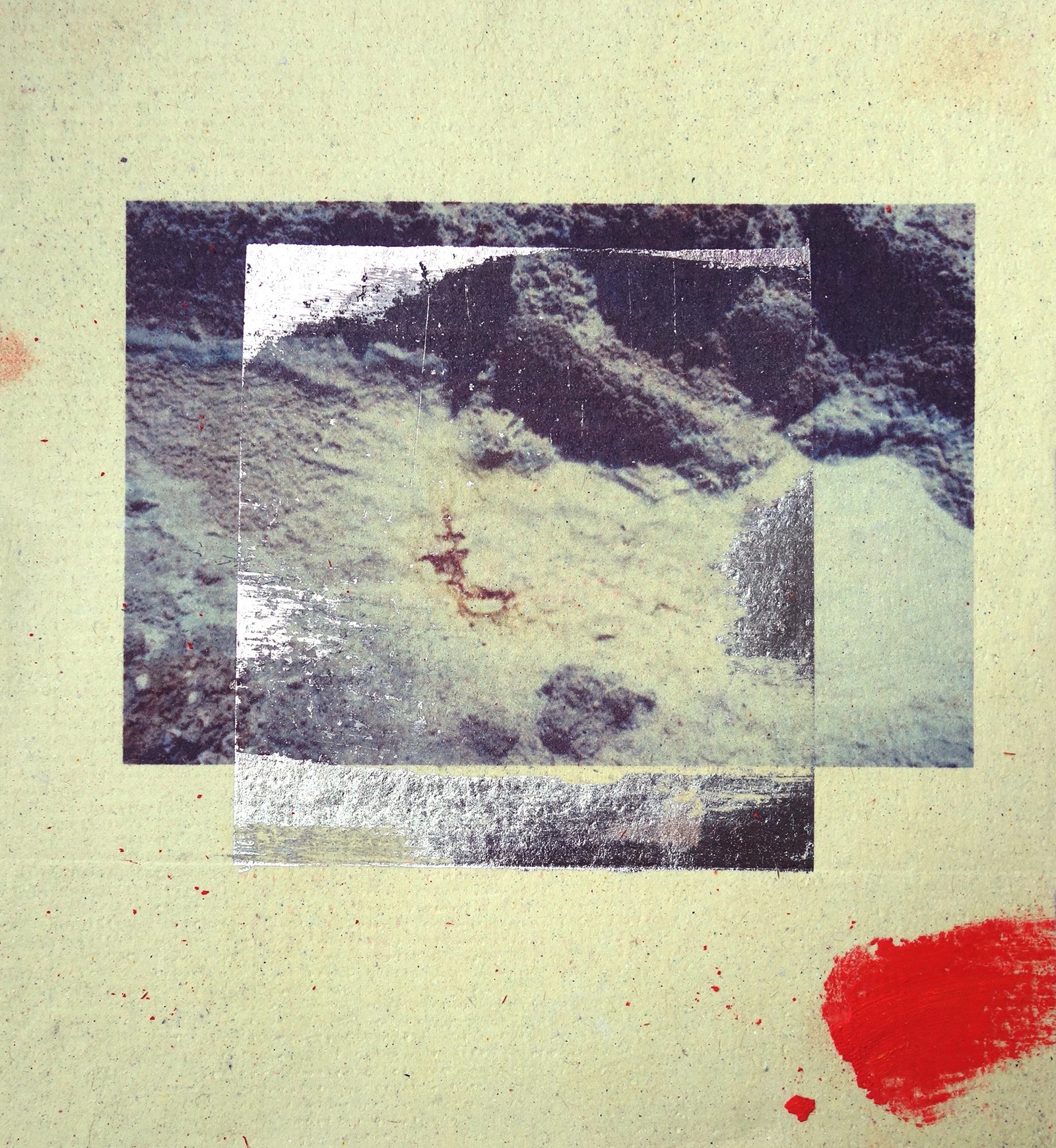For the latest issue of AnOther Magazine, we asked Björk to compile an anthology of texts that have inspired her. Drawing on the research undertaken for her upcoming show at The Shed, Björk’s Cornucopia, which premiers this month, the Icelandic artist gathers together the work of some of the most important post-feminist thinkers of the age and puts her own determinedly maverick and truthful stamp on the anthology. Björk has compiled an agenda for hope and reconnection, accompanied here by a dedicated series of imagery created by artist Wanda Orme.
Cuban artist Ana Mendieta often used natural materials – blood, mud, leaves, fire – in her work, from a performance in which she covered her naked body with white flowers in an ancient Zapotec gravesite in Mexico, to a piece that captured strangers’ reactions as they walked past a puddle of pig’s blood spilled outside her apartment. The circumstances surrounding Mendieta’s death are murky; she died at just 36, after falling from her Greenwich Village apartment window – her husband, artist Carl Andre, was charged with but later acquitted of her murder. The following text is taken from Mendieta’s extensive notebooks.
During the past 10 years my work, as a dialogue between nature and the mythical female body, has evolved dialectically in response to diverse landscapes as an emotional, sexual, biological affirmation of being.
Opposed to the Earthworks of the 1970s, which use nature in its most literal sense, my purpose and interest is rooted in nature’s symbolical meaning. My works do not belong to the modernist tradition, which exploits physical properties and an enlarged scale of materials. Nor is it akin to the commercially historical-self-conscious assertions of what is called post-modernism.
My art is grounded on the primordial accumulations, the unconscious urges that animate the world, not in an attempt to redeem the past, but rather in confrontation with the void, the orphanhood, the unbaptised earth of the beginning, the time that from within the earth looks upon us.
Excerpt from the notebooks of Ana Mendieta, published in Ana Mendieta: Traces, in 2013 by Hayward Gallery Publishing.
This story originally featured in the Spring/Summer 2019 issue of AnOther Magazine which is on sale internationally now.
